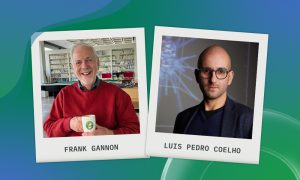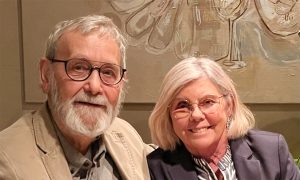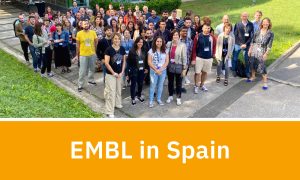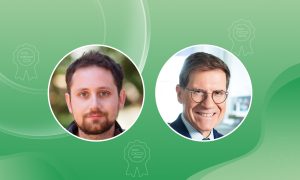
Alumni meeting in Oxford
More than 40 EMBL alumni and their guests gathered in the University of Oxford’s Lady Margaret Hall on 22nd May for an afternoon of networking and talks
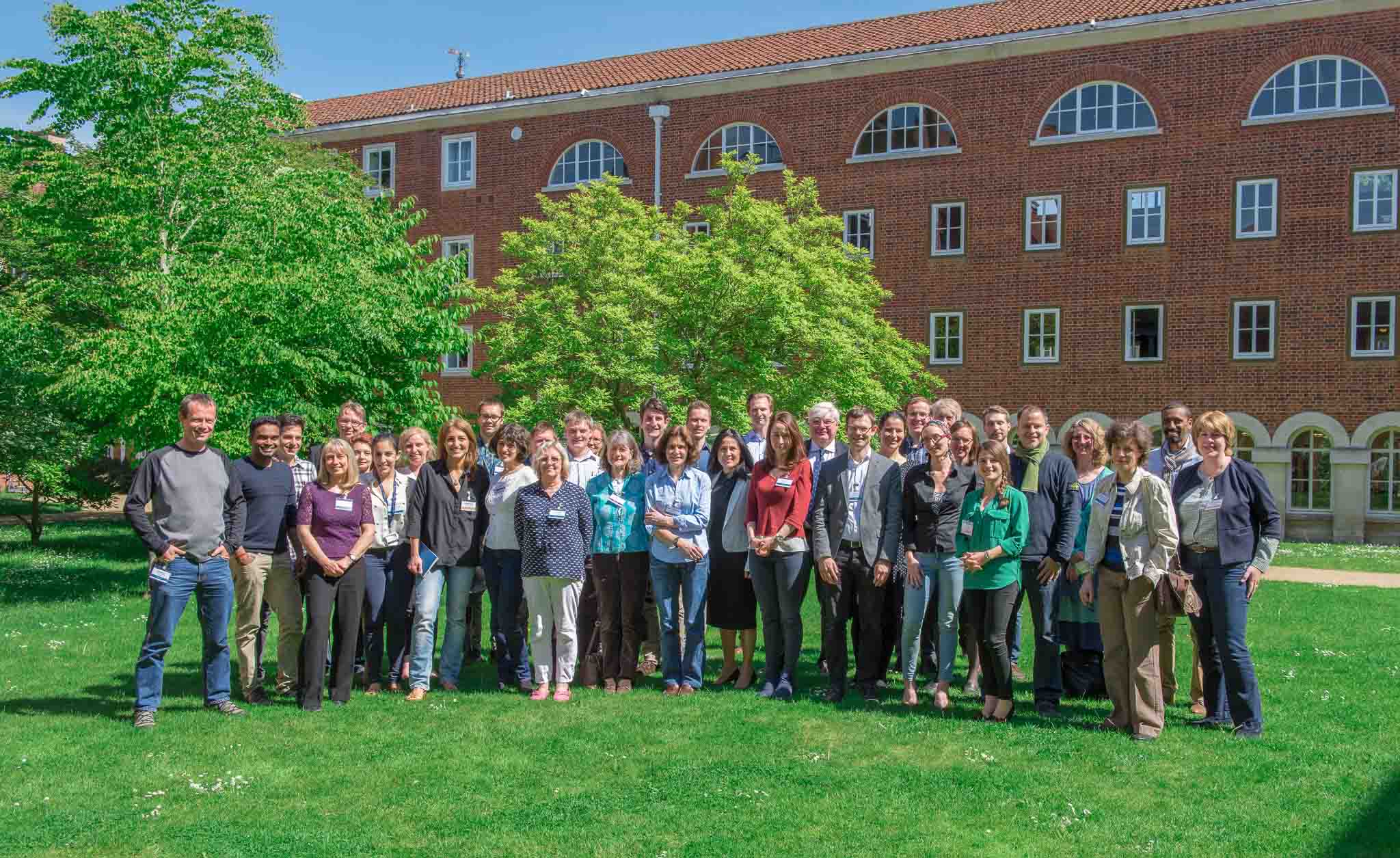
Heartened by the early summer sun and the beautiful venue, attendees shared their inspiring research and diverse career paths.
The event made one thing clear – EMBL is more than a place where people do world-class research. It’s a meeting point for people with curious minds, unafraid to ask daring questions.
We caught up with a couple of the speakers and picked their brains about what it takes to build a successful career in science.
David Vaux
Now: Professor at University of Oxford, and Sub-Rector, Nuffield Research Fellow in Pathology and Tutorial Fellow in Medicine at Lincoln College, Oxford
EMBL-EBI: Group Leader at EMBL Heidelberg (1988 – 1992)

“More than ever before, today’s scientists have to be brave,” says David Vaux. “We live in uncertain times in which more and more people seem to value opinion over expertise. We have to speak up about why research is important and we need to do this in a way that inspires both the decision maker and the person on the street. If we don’t, there is a good chance we will see a decline in the role, impact and funding of science.
“Despite these challenges, it’s an enormously exciting time to be a scientist. If I were a young person just starting in the field, I would probably feel like a child in a sweet shop. I would really struggle to pick and choose subjects because so many interesting things are happening, across the board. Researchers can do the most extraordinary experiments – things we didn’t even dream about a decade ago! And now students are exposed to them in their first year at university.”
The thing about EMBL
“I was at EMBL more than 25 years ago and things were very different then,” continues Vaux. “EMBL was fairly small, to the point where people could host a party and invite everyone – it felt a little bit like a family. In the lab, we had access to cutting-edge equipment, such as microscopes that were not commercially available and only existed in a handful of labs around the world.
“One thing that has been constant about EMBL and that stood out again at today’s Alumni meeting is the spirit of collaboration. It’s an essential requirement for good science. Internationality was never a forced thing at EMBL – it was a given. The point was to find the people who were the best in their field – regardless of where they were in the world – and collaborate with them.”
Curiosity saved the scientist
“From EMBL, I returned to Oxford – as a teacher, not a student this time. I was appointed Fellow of Lincoln College and also as a university lecturer with a research lab in the Dunn School of Pathology. It was an interesting shift because it involved a lot of teaching, which was different from my previous roles. I have also worked on redesigning academic curricula and currently I’m the Associate Head (Education) of the Medical Sciences Division at University of Oxford.
“In parallel to my academic career, I co-founded a small biotech spin-off, riding the ‘90s biotech wave. The company, Synaptica, aims to find the root cause of neurological disorders like Alzheimer’s disease and develop drugs that block the destruction of brain cells. Synaptica is still going and we’re in discussions with a few pharmaceutical companies about extending our programmes.
“Being a scientist and an academic has advantages and disadvantages. There are the dull days doing administrative tasks, wondering what on earth you’re doing there. But every now and then you have a breakthrough. An experiment unveils a new or unexpected result and for a few moments, you are the only person in the world who knows it. At that moment, you hold in your hands something that nobody else has ever seen – and that makes it all worth it. The secret is not to be discouraged by failure – rethink, try again, be brave.”
Miriam Hock
Now: Senior Scientist at Immunocore Ltd, Abingdon
EMBL-EBI: Guest Scientist at EMBL Grenoble (2010)

“I probably took the longest and most convoluted route into industry,” says Miriam Hock. “My time at EMBL and my PhD helped me understand what really made me tick. I did structural work that I enjoyed, but I was really interested in understanding disease. More than anything else, I wanted a product – a practical application to my work.”
It’s OK to feel lost
“After finishing my PhD, I felt a bit uncertain about what I wanted to do. I wasn’t even sure where – geographically – I wanted to be. So I applied everywhere, sending my CV to organisations in pretty much every corner of the world. I did this for a few months before realising that a scattergun approach wasn’t going to get me very far. So I took a step back and refocused my efforts.”
Finding a focus
“I have always been in love with Oxford. It’s one of Grenoble’s twin cities and has a similarly vibrant academic, cultural and scientific life. Not to mention it boasts the legacy of Inspector Morse, a series that absolutely fascinated me when I was growing up. So when I saw a job advert at Immunocore, I couldn’t help but apply.
“I now work on developing a new class of immunotherapeutic drugs, based on proprietary T-cell receptors. The company uses soluble T-cell receptors that redirect a person’s immune system to treat diseases and infection. We focus heavily on cancer, viral infections and autoimmune diseases. Our science and strong IP has attracted collaborations with major pharmaceutical companies including GSK and AstraZeneca.”
“Despite it taking me a while to figure out what I wanted to do with my life, it’s been an exciting journey. I am enjoying every minute of it. I still love asking questions as much as I did in my year at EMBL and I feel very lucky to be walking the very same streets as Inspector Morse and Lewis.”
Want to get involved?
The Oxford Alumni meeting was a perfect illustration of how diverse our community is in its interests and career choices. And the spirit of curiosity was certainly present in the room, with excellent questions and discussions that continued well into the night.
We are always looking for help organising alumni events, so if you would like to get involved, please contact the Alumni Office on alumni@embl.org.
